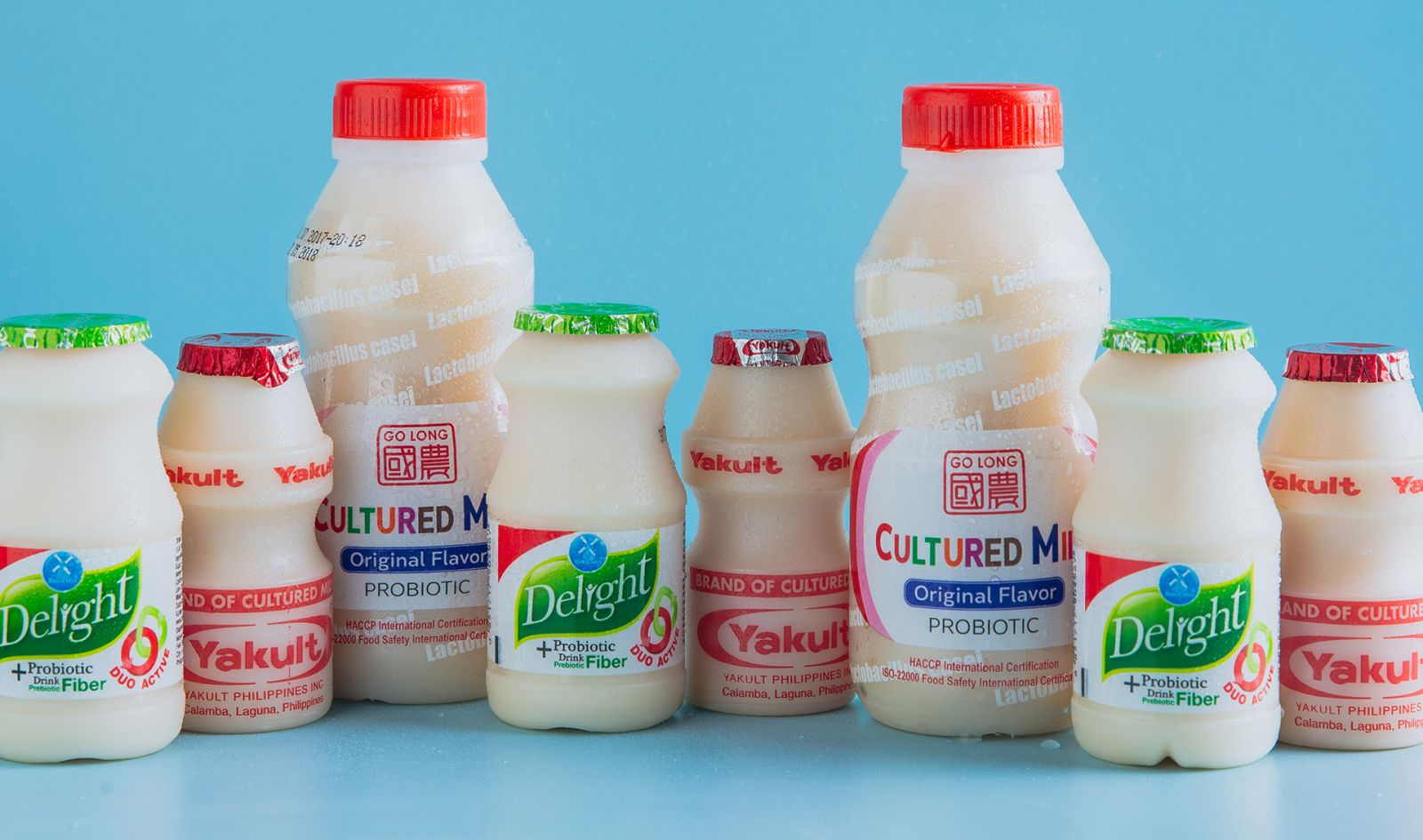Source: Thailand Medical News Jan 21, 2020 5 years, 11 months, 4 days, 4 hours, 44 minutes ago
Probiotic beverages could become a promising new weapon in the battle against
antibiotic resistant bacteria, after a team of scientists at the University of Birmingham engineered and patented a key genetic element that can tackle the genetic basis of
resistance.
.jpg)
The research team is now seeking funding for a clinical trial for the drink which has potential to work against many
resistant bacteria commonly found in the human gut including
E. coli,
Salmonella and
Klebsiella pneumoniae.
The mechanism works by targeting small DNA molecules, called
plasmids, inside bacterial cells. These molecules frequently carry genes that give
resistance to
antibiotics, which the
bacteria are able to use. The
plasmids replicate independently, spreading between
bacteria and carrying
resistance genes with them.
The team were able to displace the
resistance genes available to
the bacteria, by preventing the target
plasmids from replicating, effectively 're-sensitising' them to
antibiotics. Their results are published in the journal
PLOS ONE.

Professor Dr Christopher Thomas, lead researcher, explained to
Thailand Medical News, "We were able to show that if you can stop the
plasmid from replicating, then most of the
bacteria lose the
plasmid as the
bacteria grow and divide. This means that infections that might otherwise be hard to control, even with the most powerful
antibiotics available, are more likely to be treatable with standard
antibiotics."
The
probiotic drink will contain
bacteria (in a similar way to drinks like Yakult) carrying a new type of
plasmid, which the researchers call
pCURE plasmids. These work in two ways: they prevent the
resistance plasmids from replicating and they also block a so-called 'addiction system' which the
plasmids use to kill any
bacteria that lose them. In this system, the
resistance plasmid carries a stable toxin and an unstable antidote into the host cell. If the
plasmid is lost from the cell, the antidote breaks down, leaving the harmful toxin to attack its host. &
lt;strong>pCURE plasmids also carry the antidote, ensuring that cells that lose the
resistance plasmid survive and take over the gut.
Dr Thomas explained, "We manipulated our
pCURE plasmids to incorporate genes that block the replication of the
resistance plasmid. We also target the
plasmid's addiction system by designing our
pCURE plasmids to ensure the antidote is still available to the host."
The research team from the University of Birmingham discovered that by doubling the number of copies of the
pCURE plasmid in each bacterium it became very effective at displacing different types of
resistance plasmids and would spread through laboratory cultures unaided, to clear out
resistance.
The medical researchers then collaborated with colleagues in the University of Sydney, Australia, to test the
pCURE plasmids in mice. They found the
pCURE plasmids worked effectively, but needed to be 'primed' by giving the mice an initial dose of antibiotic to reduce the number of competing bacteria. The next step is to see if
plasmids can spread fast enough in human volunteers to get rid of
resistance plasmids.
Dr Thomas added, "This is a promising start. We aim to make modifications to further improve the efficacy of our
pCURE plasmids before moving towards a first clinical trial.
Antibiotic resistance is one of the biggest medical challenges of our time. We need to be tackling this on a number of different fronts including by reducing our use of
antibiotics and searching for new, more effective drugs. Our approach, which tackles one of the causes of antimicrobial
resistance at a genetic level, could be an important new weapon in this battle."
Reference : Lazdins et al (2019). 'Potentiation of curing by a broad host range self-transmissible vector for displacing resistance plasmids'. PLOS One. journals.plos.org/plosone/arti … journal.pone.0225202
.jpg)
